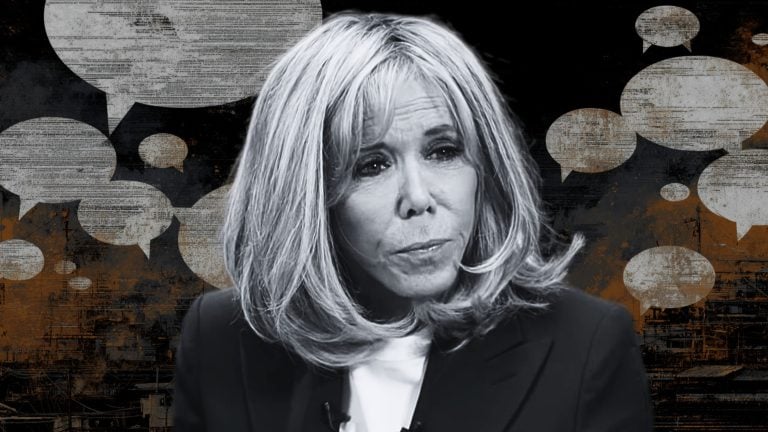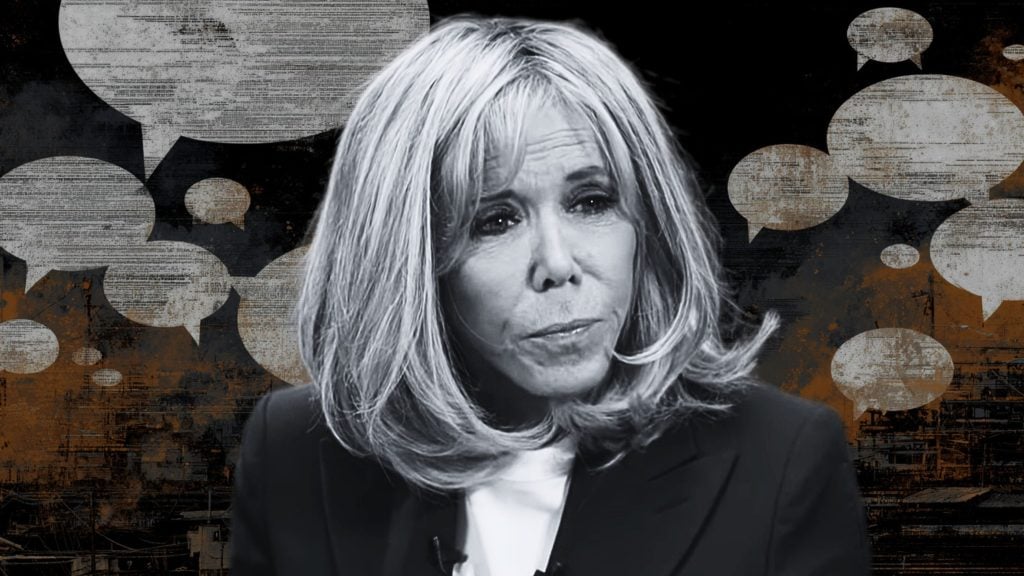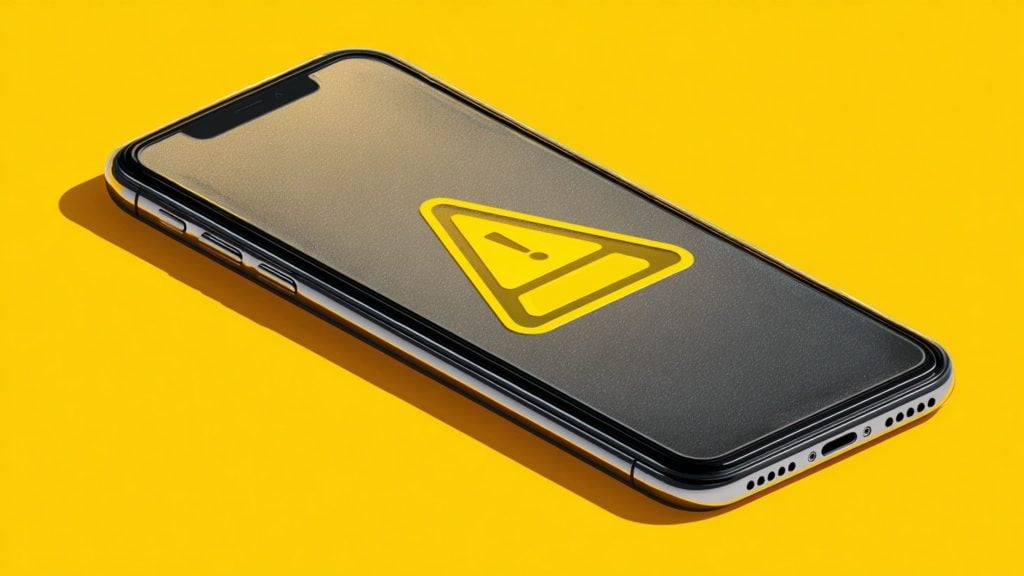Two House representatives have introduced a bill aimed at social media companies called the Break-Up Big Tech Act of 2020. The act is the latest of many retaliations on Big Tech for its bias and censorship.
The Break-Up Big Tech Act of 2020 suggests taking away the protections afforded by Section 230 if a tech company engages in specified manipulative practices. It was introduced on Wednesday by Reps Paul Gosar and Tulsi Gabbard.
“Big Tech monopolies continue to censor and manipulate users without consent or liability. The Break Up Big Tech Act revokes liability protections for bad Samaritans and instead empowers users,” said Rep. Paul Gosar. “I am proud to work with Congresswoman Tulsi Gabbard on the Don’t Push My Buttons Act, Stop the Censorship Act, and now the Break Up Big Tech Act to reform Section 230 and protect online consent and free speech instead of censorship and manipulation.”
In October, the House representatives introduced the Don’t Push My Buttons Act, which would limit the protection afforded by Section 230 if an online platform manipulated the content it shows a user based on data collected without the user’s consent. The two Reps. also cosponsored the Stop the Censorship Act.
“Big tech monopolies like Google and Facebook have made billions of dollars by creating online platforms that monetize our private information, use manipulative and destructive algorithms, and act as publishers choosing what information they want to censor or publish. They undermine our freedom of speech and treat us and our attention as the product, monetizing it to line their pockets with more money without any regard for the damaging consequences,” said Rep. Tulsi Gabbard. “This bill removes the legal immunity that service providers have taken advantage of to act with impunity, while maintaining Section 230 protections for those who provide truly neutral social media platforms or search engines without the use of manipulative algorithms.”
Section 230 of the Communications Decency Act was created to protect online platforms from liability for users’ content. The law also allows online platforms to moderate the content. However, these online platforms have been accused of moderating content in bad faith.
Rep. Gabbard said that the law is outdated and “has not kept up with the destructive practices of big tech monopolies, who are essentially acting as publishers with the use of manipulative algorithms.”
According to the press release on Rep. Tulsi Gabbard’s website, the Break-Up Big Tech Act of 2020 would remove the legal protections of Section 230 if a tech company engages in the following activities:
- Selling and displaying personalized as well as contextual advertising without the user’s consent
- Collecting data for commercial purposes other than the direct sale of the interactive computer service, i.e., turning the user into a commodity or otherwise monetizing the transmission of content
- Acting as a marketplace in the digital space by facilitating the placement of items into the stream of commerce
- Employing digital products and designs intended to engage and addict users to the service
- Acting as a publisher by using algorithms to moderate or censor content without opt-in from users










